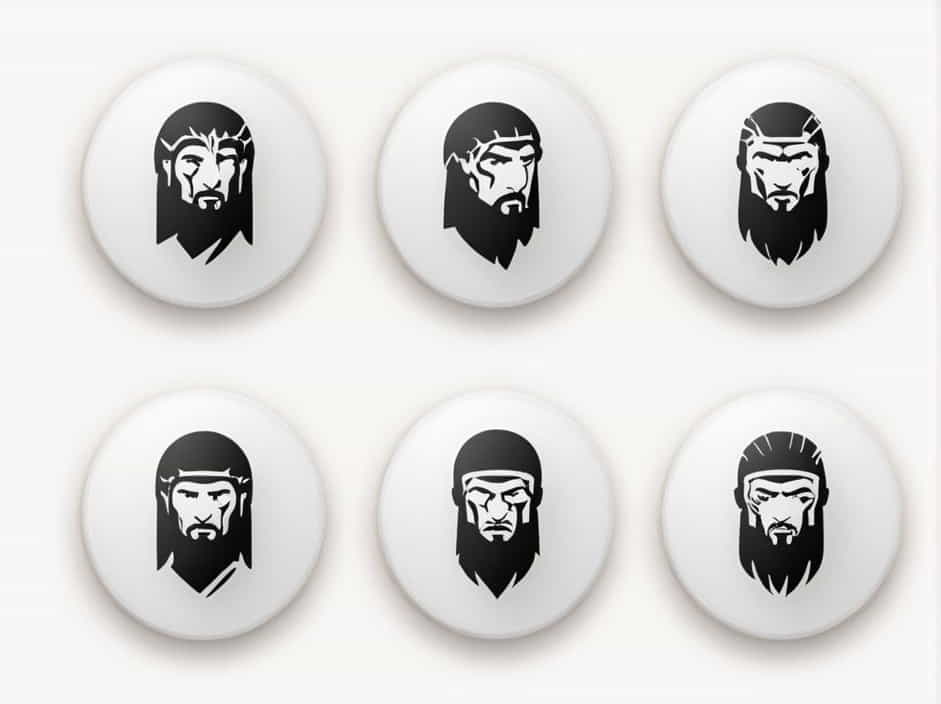The myth of Prometheus is one of the most famous stories in Greek mythology, symbolizing human creation, intelligence, and defiance against the gods. Prometheus, a Titan, played a crucial role in shaping humankind, gifting them with fire and knowledge, which ultimately led to both progress and suffering.
This topic explores the legend of Prometheus, his role in the birth of humankind, the gift of fire, and the eternal punishment he faced for challenging Zeus, the king of the gods.
Who Was Prometheus?
A Titan with a Unique Vision
Prometheus was a Titan, one of the ancient deities who ruled before the Olympian gods. Unlike many Titans who opposed Zeus during the Titanomachy (the war between Titans and Olympians), Prometheus sided with Zeus and helped secure the Olympian victory.
However, Prometheus was different from both Titans and Olympians. He was known for his wisdom, cunning, and deep concern for humanity. His name means "Forethought", symbolizing his ability to think ahead and make plans.
The Creation of Humankind
Shaping Humans from Clay
According to legend, Zeus ordered Prometheus and his brother Epimetheus (whose name means "Afterthought") to create living creatures to populate the Earth.
-
Epimetheus created animals, giving them speed, strength, and natural weapons like claws and fangs.
-
By the time Prometheus began shaping humans, all the gifts were gone.
To compensate, Prometheus molded humans from clay, making them upright like the gods and giving them the potential for great intelligence. But without fur, sharp teeth, or speed, early humans were weak and vulnerable.
The Gift of Fire
Stealing Fire from Olympus
To help his fragile creations survive, Prometheus sought to give humans fire, a divine force that only the gods possessed. Fire symbolized:
-
Warmth – Protection from the cold.
-
Light – The ability to see in darkness.
-
Cooking – Making food safer and tastier.
-
Technology – The foundation for crafting tools, weapons, and civilization.
Zeus, however, forbade humans from having fire, fearing that it would make them too powerful. Defying Zeus, Prometheus stole fire from Mount Olympus, hiding it inside a hollow fennel stalk and secretly delivering it to humankind.
With fire, humans began to thrive, developing skills, forging metal, and advancing beyond mere survival.
Zeus’s Wrath and Prometheus’s Punishment
Chained to the Caucasus Mountains
Zeus was enraged by Prometheus’s betrayal. He punished both Prometheus and humankind for the Titan’s defiance.
-
As revenge on humans, Zeus created Pandora, the first woman, gifting her a box filled with suffering, disease, and hardship.
-
As punishment for Prometheus, Zeus had him chained to a rock in the Caucasus Mountains.
-
Every day, a giant eagle would come and eat his liver.
-
Because Prometheus was immortal, his liver would regenerate each night, making the punishment endless.
This cruel torment lasted for thousands of years.
Prometheus’s Legacy and Freedom
Rescue by Herakles
Prometheus eventually found a savior in Herakles (Hercules), the legendary Greek hero.
-
During his Twelve Labors, Herakles passed by the Caucasus Mountains and saw the suffering Titan.
-
With Zeus’s permission, Herakles killed the eagle and broke the chains, setting Prometheus free.
Though free, Prometheus’s actions had already changed the fate of humankind forever.
Symbolism of Prometheus and the Birth of Humanity
A Champion of Progress and Rebellion
The myth of Prometheus is rich in symbolism and has been interpreted in many ways:
-
Prometheus as a Champion of Knowledge – He represents human curiosity and intelligence, bringing science, technology, and innovation to the world.
-
Fire as a Metaphor for Civilization – The gift of fire symbolizes the power of knowledge that allows humans to build societies and advance.
-
Prometheus as a Rebel Against Tyranny – His defiance of Zeus reflects the struggle against oppression, making him a symbol of freedom, rebellion, and resistance.
-
Suffering for the Sake of Humanity – His eternal punishment mirrors the idea of a self-sacrificing hero, similar to figures in other mythologies and religions.
Influence of the Prometheus Myth
Impact on Literature, Philosophy, and Modern Culture
The legend of Prometheus has influenced countless works of literature, art, and philosophy. Some famous references include:
-
Mary Shelley’s "Frankenstein" – Subtitled The Modern Prometheus, the novel explores the dangers of unchecked human ambition and playing with creation.
-
Philosophical Interpretations – Thinkers like Karl Marx and Friedrich Nietzsche viewed Prometheus as a symbol of human struggle against oppression.
-
Popular Culture – The story of a rebel bringing knowledge to humanity continues to inspire movies, books, and scientific discussions about ethics and progress.
The Eternal Message of Prometheus
The myth of Prometheus and the birth of humankind remains one of the most enduring and thought-provoking stories in mythology. It raises fundamental questions:
-
Is knowledge a gift or a curse?
-
Should humanity challenge authority to seek progress?
-
What is the price of defying the gods or breaking limits?
Prometheus’s actions may have angered Zeus, but they shaped the destiny of humankind. By stealing fire and giving it to humans, he ensured that civilization, wisdom, and progress would never be extinguished.
